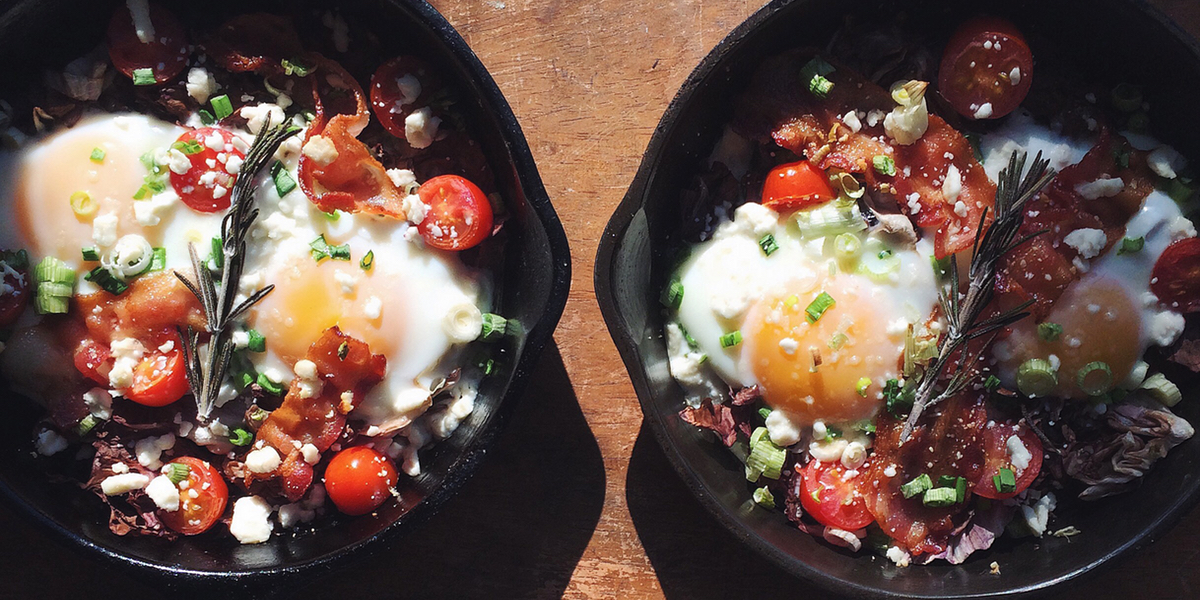Vegans, vegetarians, people with gluten allergies, nut allergies, Hindus, Jewish individuals, Muslims – they travel too! Dietary restrictions are something that is often overlooked in both restaurants and hotels in the Caribbean. Our meals are filled with meat and oftentimes our kitchens are not educated on the correct ways to cook for those with allergies.
When you observe someone hesitantly checking out your breakfast buffet before diving in they are definitely looking for one thing: whether it’s clean. But they might be looking for another: are the omelets being cooked in the same pan as those who requested ham and cheese omelets? Are there gluten free options at the bread station? Are the muffins with nuts in them labeled as such?
Having an allergy or a dietary restriction either through religion or by choice can hinder the modern traveler – it’s not fun to have to look at a menu and then ask questions about whether you can eat there or not. Providing unspoken for accommodations for today’s tourists is a great way to not only be hospitable (after all, hospitality is our product!), but it’s also a great way to win fans, glowing reviews, and keep your guests eating at your establishments over and over again. If they know there are options that cater to their particular needs, they’ll come back.
How can you make your dining establishment more welcoming to those with dietary restrictions?
You can start by educating your staff. For instance, peanut allergies are quite common, but there are many unexpected sources of nuts like salad dressings, pesto, and hot sauces. Lactose intolerant guests have had reactions from steak (if your chef doused it in butter for flavor) and shellfish, which are sometimes dipped in milk to mask any odors. Soy allergies are on the rise as well and can be found in canned tuna, cereals, sauces, and processed meats.
Labeling your menu items correctly either with a code or ingredient list can go a long way towards helping your guests make safe choices without feeling like they’re harassing their wait staff, and educating your staff on the ingredients and cooking methods of each menu item is a must.
While you should never ‘profile’ your guests for religious information, providing options and incorporating best practices in the kitchen for various dietary restrictions will make a world of difference to some of your travelers. Noting anything containing pork and providing the the option of halal meats will win over your Muslim guests and having menu items that are devoid of any animal product will not only make your vegetarian and vegan guests happy but be a welcoming relief to your Hindu vacationers.
When it comes to making accommodations for dietary restrictions and food allergies – being proactive and hospitable goes a long way!
Need help developing menus or kitchen standards to accommodate all of your guests? Get in touch here or at hello@coralrange.com.
